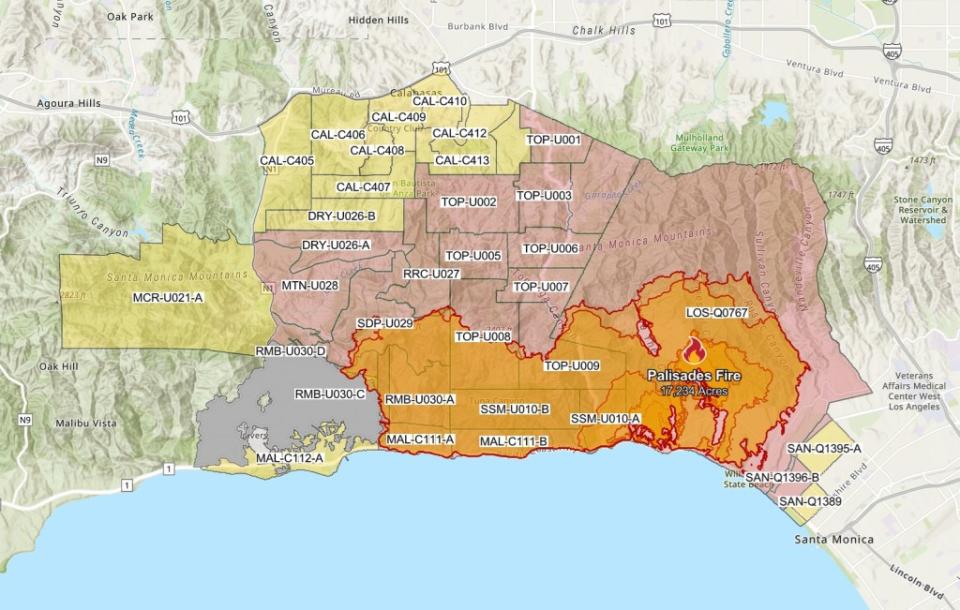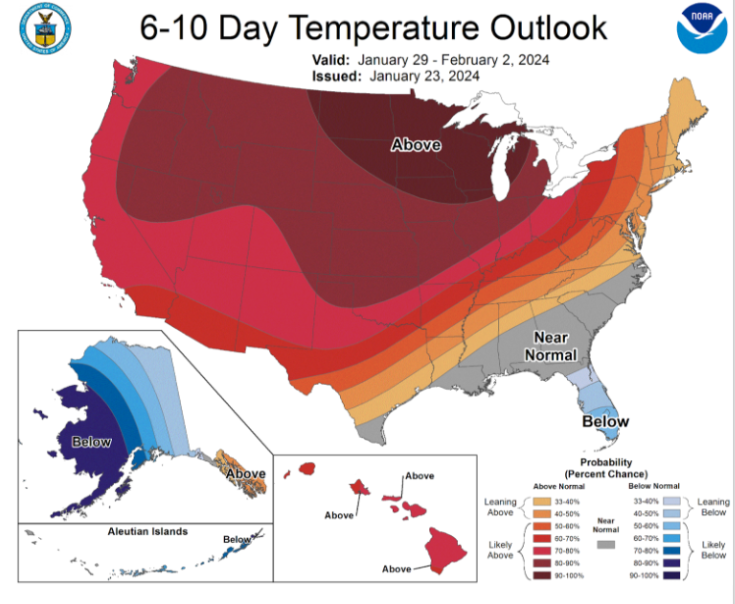When people think of the winter season, the idea of colder temperatures and snowy weather commonly comes to mind. Temperatures in the United States as of January 2024 reached as high as 72 degrees fahrenheit, followed by February with the hottest day being 74 degrees. Temperatures as high as that would normally start off a nice summer day.
While some people would enjoy the news of warm temperatures, others find it particularly unusual. What meteorologists would call “El Niño” weather, a warmer phase of weather, would find these warm winters to be a negative sign. The main reason and focus among much research would be climate change itself. According to research from Citizens Climate Lobby, “Burning fossil fuels creates carbon pollution that is causing the Earth to overheat dangerously and leading to extreme heat, record warmth in the winter, droughts, wildfires, and other extreme weather.” Due to humans continuing to produce carbon pollution, This could also be the main reason why winter felt so short when 2024 began. The U.S. state of Colorado has also been experiencing a decline in snow percentages every decade.
As our climate continues to change, winter of 2024 has also brought us a lot more storms too. Extreme weather events are increasing in both frequency and intensity. This means, for certain parts of the U.S., an increased risk of winter hazards. As the warm weather rolls into Rio, students begin to take notice of this change as well. 8th grader Alexandria Pacete says, “When I saw high temperatures coming our way, even in winter, I was surprised since I was expecting it to be colder like everyone else.” These new winter temperatures took a lot of people by surprise as well, but not much thought was put into why this could be happening. Mainly, climate change is the result of this winter’s weather increasing in temperatures. Alexandria adds, “I prefer warmer weather since it feels easier for me to deal with than cooler temperatures.” Some may also add on how it’s easier to heat up, and it’s quicker, than when handling with cooler temperatures. Alexandria then adds, “I think temperatures should be colder for a season like winter, but I don’t care if it’s warmer. Just as long as it’s not too hot.”
While summer temperatures, on the other hand, aren’t really affected following warmer winters, meteorologists have confirmed that summer of 2024 is going to be hotter than last year (2023), and many claim climate change for this reason. If we don’t find a way to reduce climate change, and our use of fossil fuels, temperatures are only going to continue getting higher.































